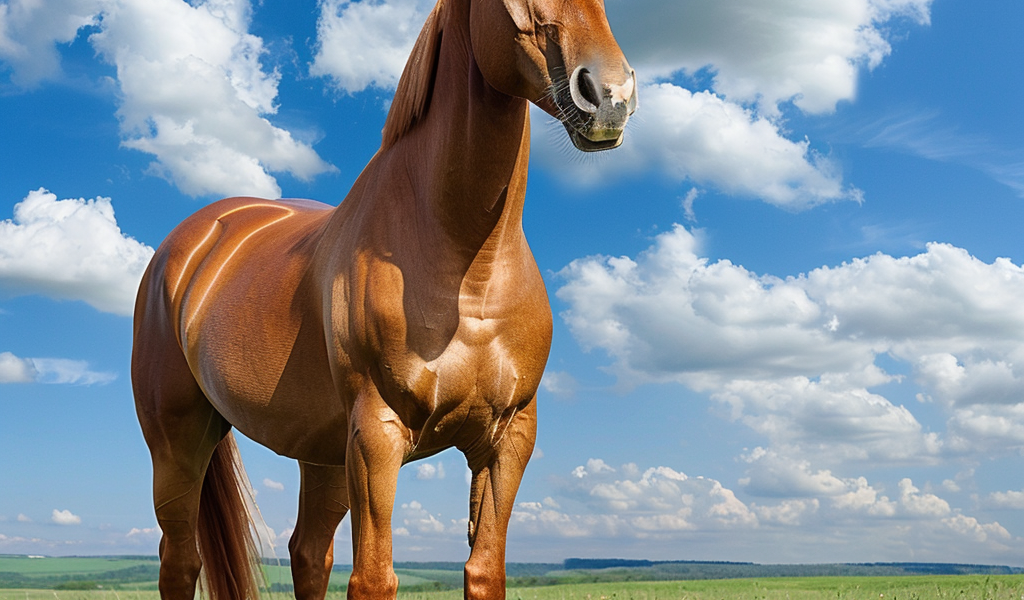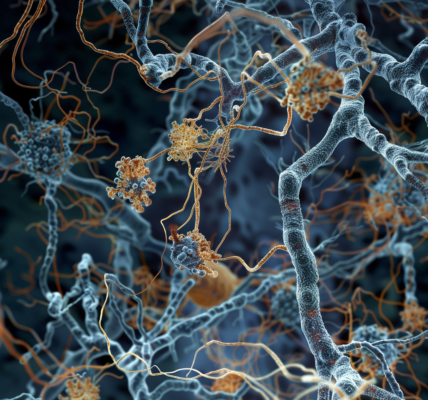Agriculture Commissioner Urges Horse Owners to Prioritize Vaccination Against Mosquito-Borne Diseases
Agriculture Commissioner Steve Troxler is urging horse owners to prioritize the vaccination of their animals against mosquito-borne diseases and rabies as mosquito-breeding season in North Carolina poses a significant risk to equines.
Troxler emphasized the importance of vaccinating horses against Eastern Equine Encephalomyelitis (EEE) and West Nile Virus (WNV), highlighting the high fatality rates associated with these diseases. EEE is fatal 90% of the time in horses, while WNV carries a 30% fatality rate, underscoring the critical need for preventive measures through vaccination.
While there have been no reported cases of EEE or WNV this year, Troxler noted that seven cases of EEE were recorded last year, indicating the potential threat posed by these diseases.
To mitigate the risk of exposure to EEE and WNV, horse owners are advised to eliminate potential mosquito breeding grounds by removing standing water that persists for more than four days. Additionally, implementing measures such as keeping horses indoors at night, using insect screens and fans, and minimizing outdoor lighting after dusk can help reduce mosquito exposure. Proper use of insect repellants in accordance with manufacturer instructions can also enhance protection against mosquito-borne diseases.
Recognizing the symptoms of EEE and WNV is crucial for early detection and treatment. Symptoms of EEE in horses include impaired vision, circling, paralysis, convulsions, and ultimately death. On the other hand, signs of WNV may manifest as fever, weakness or paralysis of hind limbs, impaired vision, seizures, and aimless wandering. It typically takes three to 10 days for symptoms to appear after a horse is bitten by an infected mosquito.
While humans, horses, and birds can contract EEE and WNV from mosquito bites, there is no evidence to suggest that horses can transmit these viruses to other animals or humans through direct contact.
By raising awareness about the importance of vaccination and implementing preventive measures, equine owners can safeguard their animals against the potentially devastating impact of mosquito-borne diseases like EEE and WNV.





